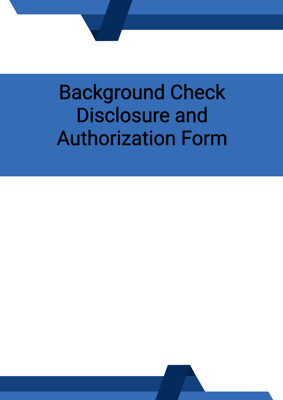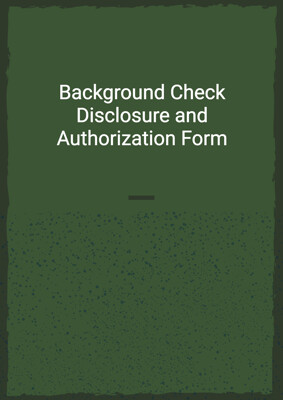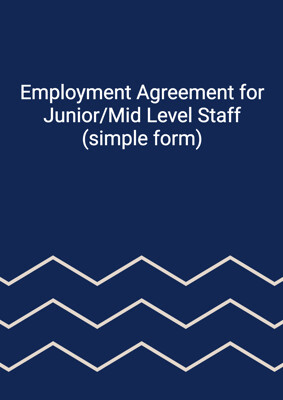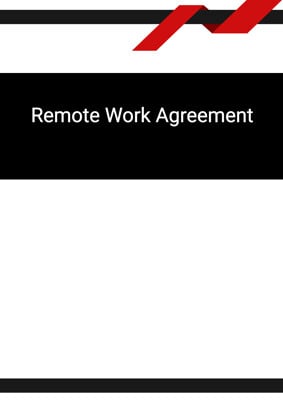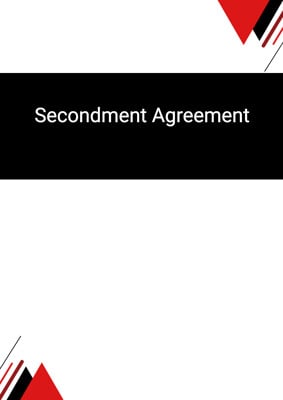How to Tailor the Document for Your Need?
01
Create Document
Fill in the details of the parties. You can click the "Fill with Member’s Information" button to complete it with information saved to your account.
02
Fill Information
Please fill in any additional information by following the step-by-step guide on the left hand side of the preview document and click the "Next" button.
03
Get Document
When you are done, click the "Get Document" button and you can download the document in Word or PDF format.
04
Review Document
Please get all parties to review the document carefully and make any final modifications to ensure that the details are correct before signing the document.
Document Preview
Document Description
The Employment Agreement (Junior Employee) is a legal document that outlines the terms and conditions of employment between a company and a junior employee. It is an important document as it establishes the rights and responsibilities of both parties and ensures that both parties are aware of their obligations. The document begins with a detailed introduction, highlighting the purpose and significance of the agreement. It then proceeds to provide a thorough description of each section of the agreement, including the duties and job description of the employee, the period of employment, remuneration, discipline, termination, disputes, confidentiality, intellectual property, non-solicitation and non-compete clauses, and the rights of third parties. The document also emphasizes the importance of compliance with the agreement and the consequences of breach. Overall, the Employment Agreement (Junior Employee) is a comprehensive and detailed document that protects the interests of both the company and the employee.
How to use this document?
1. Review the entire document to understand its purpose and significance.
2. Pay close attention to the duties and job description section to understand the specific responsibilities of the employee.
3. Take note of the period of employment, including the start date and working hours.
4. Familiarize yourself with the provisions regarding remuneration, including the monthly salary and mandatory provident fund scheme.
5. Understand the disciplinary rules and regulations of the company and ensure compliance.
6. Be aware of the termination conditions and the circumstances under which the agreement may be terminated.
7. In case of disputes, consider voluntary mediation as the first step for resolution.
8. Understand the confidentiality obligations and the importance of keeping the company's business secrets confidential.
9. Familiarize yourself with the provisions regarding intellectual property and the assignment of rights to the company.
10. Take note of the non-solicitation and non-compete clauses and avoid engaging in any activities that may harm the company's business or financial interests.
11. Remember that the agreement is binding and any breach may result in legal consequences.
12. Seek legal advice if needed to ensure a clear understanding of the agreement and its implications.
Not the right document?
Don’t worry, we have thousands of documents for you to choose from:

